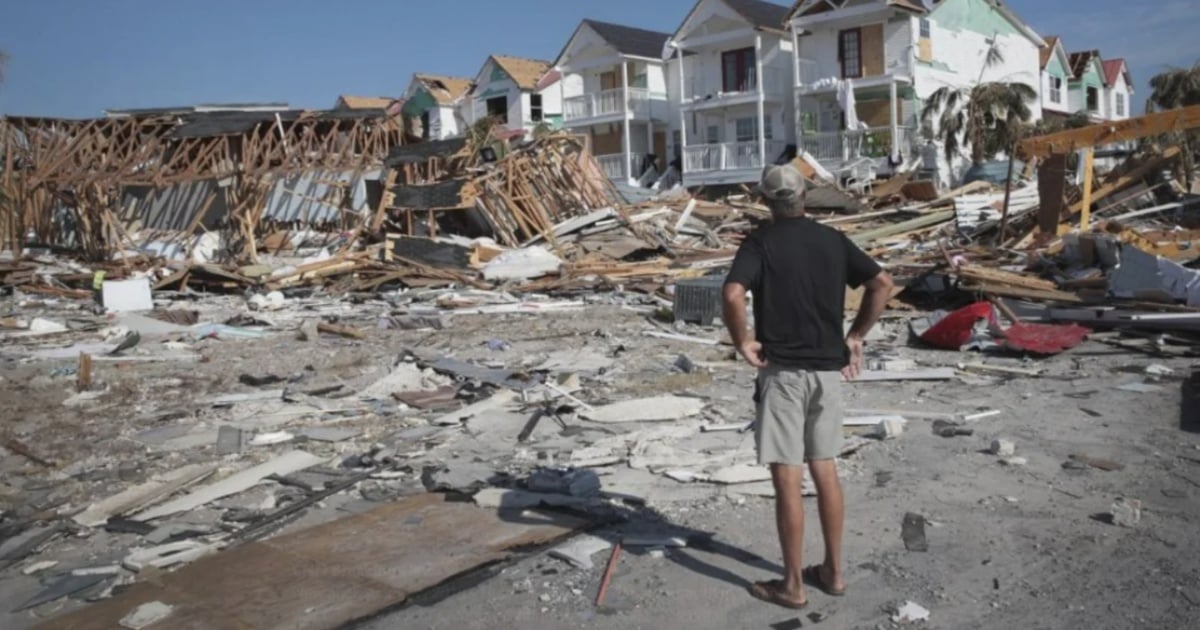Florida is set to lose close to $300 million in federal funding once allocated to bolster its infrastructure against hurricanes, floods, and other natural disasters. This follows the Trump administration's decision to cancel the BRIC (Building Resilient Infrastructure and Communities) program, overseen by the Federal Emergency Management Agency (FEMA). The announcement, made by FEMA's new director, Cameron Hamilton, has sparked concern among local officials and climate resilience experts, especially considering last year’s hurricane season was the most active in four decades, with another on the horizon, as reported by Univision.
Hamilton described the program as a "politicized waste" and revealed that the White House is considering dismantling FEMA altogether, opting instead to allocate funds directly to states under the guise of "enhanced local efficiency."
From 2020 to 2023, Florida was awarded a total of $312 million from the BRIC program. However, only $19 million—merely 6% of the total—had been utilized before the funds were frozen at the start of the new presidential administration. With the program's termination, the state forfeits $293 million, directly impacting numerous strategic projects.
Critical Projects Stalled
Among the halted projects are the elevation of roads in flood-prone areas in Jacksonville, the construction of a hurricane community shelter in Key West, and mitigation efforts in waterways across 16 counties from Orlando to the Keys, with $150 million earmarked by the South Florida Water Management District alone.
Despite the direct impact on the state's most vulnerable communities, Governor Ron DeSantis has refrained from publicly commenting on the funding loss. However, he has previously expressed support for Trump's plans to restructure FEMA, claiming that reducing bureaucracy could lead to more efficient resource use.
Legal and Political Ramifications
Florida has also abstained from joining a legal challenge initiated by over 20 states led by Democratic governors, accusing the federal government of political retribution for freezing funds to jurisdictions with progressive policies on immigration and climate change.
FEMA has played a crucial role in Florida’s disaster response and recovery efforts. After hurricanes Helene and Milton in 2024, the state received over $1 billion in federal assistance. Over the past 14 years, FEMA has contributed $8.5 billion to Florida.
Implications for Climate Resilience
Experts warn that the loss of BRIC program funds is a significant setback for emergency preparedness, as climate change exacerbates the frequency and intensity of extreme weather events. "Cutting back on resilience investment is a risky gamble," environmental and risk management organizations have cautioned. "Florida needs more, not fewer, resources to safeguard lives and properties."
FAQs on Florida's Funding Loss for Hurricane Protection
What is the BRIC program?
The BRIC (Building Resilient Infrastructure and Communities) program was a federal initiative managed by FEMA to enhance infrastructure resilience against natural disasters like hurricanes and floods.
How much funding is Florida losing due to the program's cancellation?
Florida is losing $293 million in funding following the cancellation of the BRIC program.
What projects are affected by the funding loss in Florida?
Projects affected include the elevation of roads in Jacksonville, the construction of a hurricane shelter in Key West, and mitigation work on waterways across several counties.
